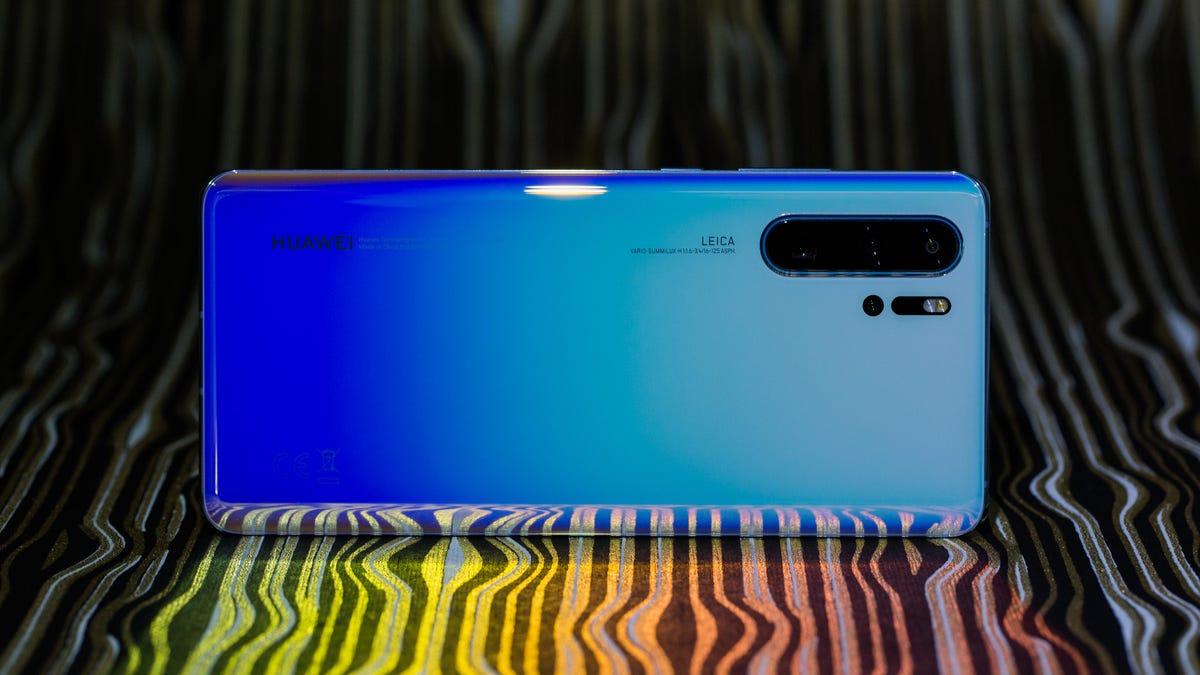Huawei says it'll increase its 5G investment
That's despite the US ban of Huawei products.

Huawei will invest even more in 5G despite its US ban.
Huawei on Monday said it'll increase its investment in 5G in spite of the US ban on its products. The Chinese tech giant also made a point of emphasizing cybersecurity and privacy as its "top priorities."
Huawei was blacklisted last month as it was added to the United States' "entity list" (PDF). In addition, President Donald Trump signed an executive order essentially banning the company in light of national security concerns that Huawei had close ties with the Chinese government. Huawei has repeatedly denied that charge.
Speaking at Huawei's annual user group meeting in Wuzhen, Zhejiang, Huawei Carrier CEO Ryan Ding said the Chinese tech giant will continue providing 5G products and partnering with carriers to build a "fully connected, intelligent world."
"5G will be a key enabling technology for this world. We will continue to increase investment in 5G and work with our customers and partners," Ding said Monday. "Cybersecurity and privacy protection are our top priorities. We ensure the security of carriers' 5G networks with our secure products and trusted services."
Over the weekend, Federal Communications Commissioner Geoffrey Starks said the US government should rip Huawei and other Chinese telecommunications gear out of US networks.
Reuters is also reporting Monday that Huawei is separating from its US research and development arm Futurewei Technologies, which is headquartered in Santa Clara, California.
According to the report, Huawei's R&D subsidiary has moved its employees to a new IT system, banned Huawei staffers from its office and forbidden any use of the Huawei brand or logo in communications.
Huawei didn't immediately respond to a request for comment.
Back in January 2019, The Wall Street Journal reported that some of Futurewei's technology couldn't be sent back to Huawei in China due to the Commerce Department saying it wouldn't renew Futurewei's export license.
The US ban -- which came more than six months after Huawei's 5G ban in Australia in August 2018 -- is expected to cause a $30 billion hit in revenue as a result, although CEO Ren Zhengfei said he's not too concerned about the loss.
Huawei has filed a motion in US court to have US legislation that bars federal agencies from buying its products ruled unconstitutional. It's also sent an ex parte memo to the FCC in which it objects to being banned on the grounds of national security threats.
Hardware and software vendors have been fleeing Huawei: Amazon Japan reportedly no longer offers Huawei devices for sale, and last month, Google locked Huawei out of its Android updates, though the Commerce Department granted it a three-month general license to update existing devices.
In a turnaround, Microsoft began selling its existing inventory of Huawei MateBook laptops last week, saying it "will continue to respond to the many business, technical and regulatory complexities."
Huawei at the end of May moved to trademark the name of its operating system, Hongmeng, in Peru.

